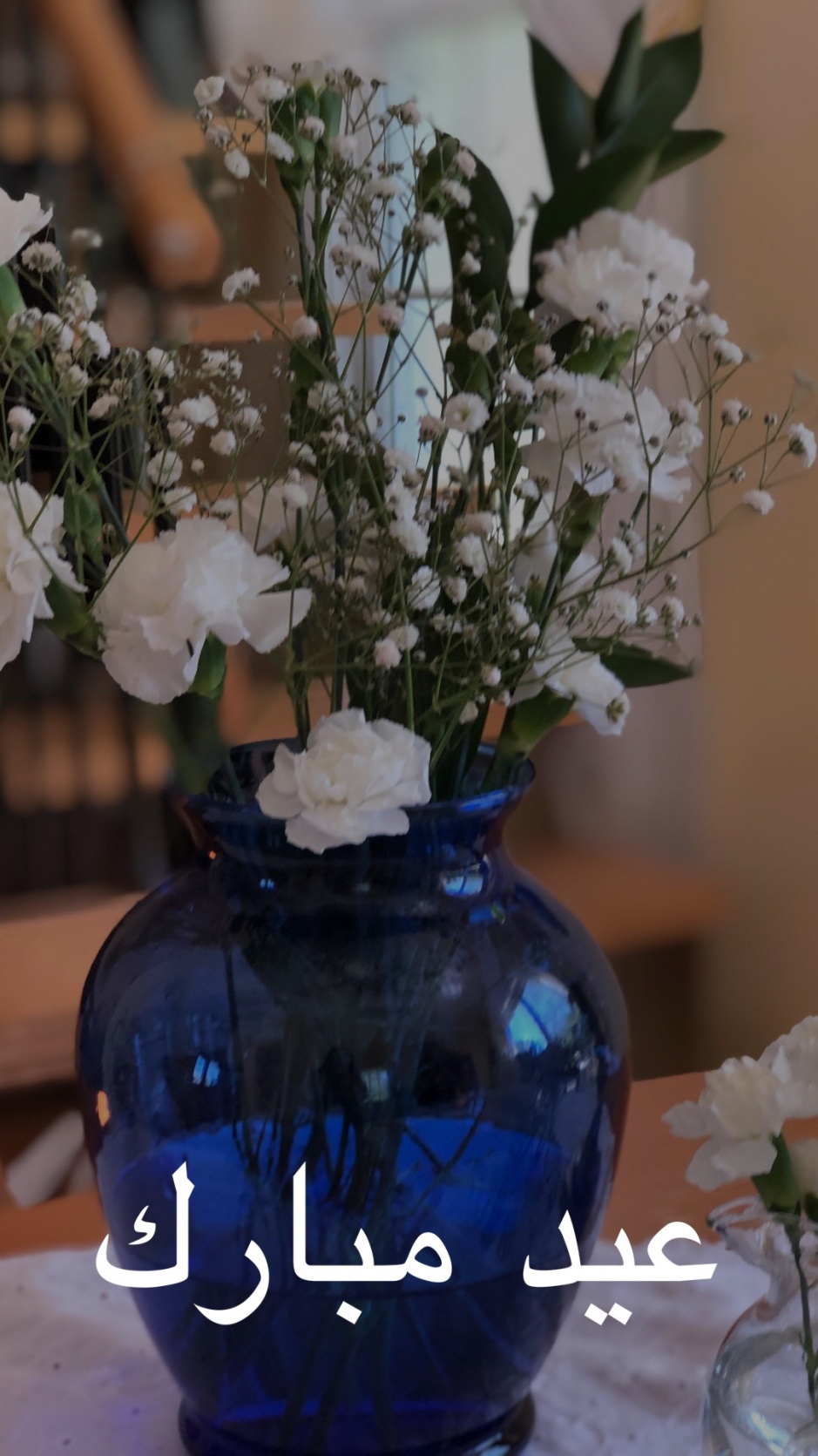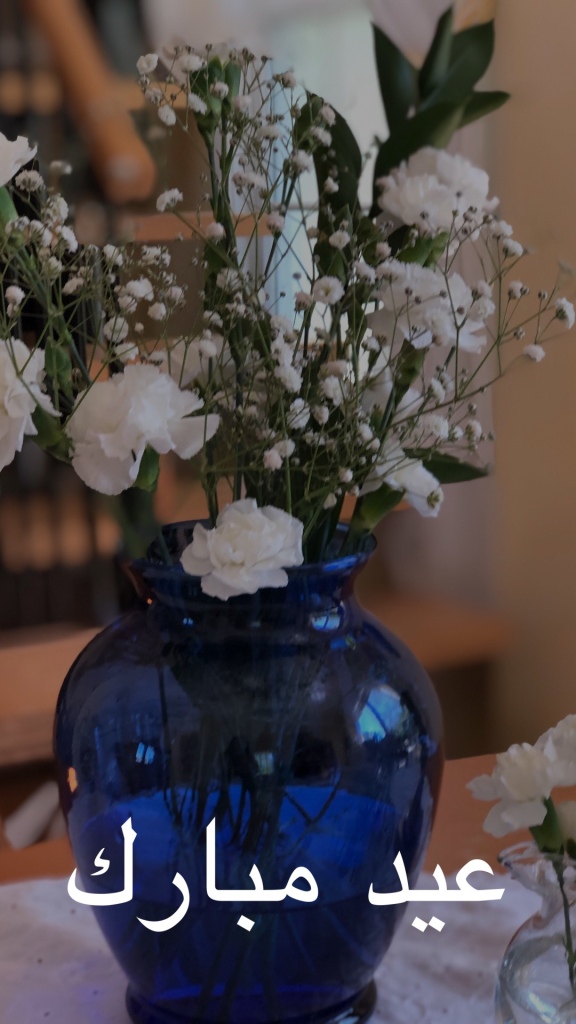“A Syrian painter recently told me that we all have a map in our bodies, composed of the places we have lived, that we are constantly in the process of redrawing. A street from our childhood might be traversed by a train car in which we once fell in love. A garden from a year in London might yield, unexpectedly, a rose from the graveside of our grandmother. This map not only marks who we are but informs the way in which we encounter the world. The painter, a refugee originally from Damascus, was busily sketching the buildings of Istanbul, trying to move his map forward to the new country he now called home.” Stephanie Saldaña as quoted in Plough Magazine
I am writing my map in the other direction. I am trying to remember who I am.
Stephanie Saldaña
I curl up on the couch, reading an old letter from a friend. We were friends during our Cairo days years ago. We saw each other regularly, went to Bible Studies together, had coffee dates, traded ideas on how to adapt recipes with substitutions. How to make a cranberry-orange salad with no cranberries? What is the right proportion of molasses to sugar to create a brown sugar substitute? We arranged play dates and talked to each other about our family members who were far away.
I’m lost in memories as I read her letter. I left Cairo years ago. She left much later, but we both left. A good description of our lives as expatriates is that we lived borrowed lives. The maps of our lives have had to be redrawn as the places have changed.
I’ve been thinking a lot about borrowed lives as I continue to face my own transition. I thought about this recently as I heard about someone who had to leave her adopted country. She did not want, much less plan, to leave. But like my own story in Iraq, governmental decisions sometimes dictate the time when our borrowed lives end.
In the past few months I have heard of over 25 families having to unexpectedly leave their adopted countries. Just now, as I opened my email, I read yet another story of a family unexpectedly repatriated.
These are hard, hard stories. Each story has different details but the common thread is that it is not their choice. Their choice, indeed my choice, would be to stay. They have forged relationships and created homes in places far from their passport countries. Sometimes they have lived for years in a place, only to arrive at an airport and be refused entry.
Admitting our expat lives are borrowed is a difficult thing to do. We often fight this, imagining perhaps that we have more control over our lives than we actually do. But with admission comes great, great freedom.
As I thought more about our borrowed lives, I realized that we can apply some of the same principles of borrowing things to our borrowed lives.
A borrowed life may be borrowed, but it is still a life. When I borrowed my neighbor’s vacuum cleaner, it may have been my neighbor’s but it was still a vacuum cleaner, and actually a far better one than I had ever owned! And what do we do in life? We live – we don’t fear what might happen. God doesn’t give us grace for our imagination, he gives us grace for what actually happens. We plant gardens and hang up pictures. We buy furniture and we create homes. We make friends and we find coffee shops. We seek the welfare of the cities where we live. Our life may be borrowed, but it’s still a life.
We respect and care well for the things we borrow. We know we don’t own them and some day we will need to return them, so we take good care of these things. We treat them with respect. This same principle applies to our expat lives. We treat these lives with the respect they deserve. It’s an honor to be invited as a guest into another country or home – yet often we act like they are the people lucky to have us. We may come with specific skills, but we are not God’s gift to any country or place. God is the gift, not us. God has been at work in places far before we arrived, he will continue to be at work once we leave, so we treat our borrowed lives as the gifts that they are.
We borrow things we need. The reality is that we need this expat life more than we admit. We have come to rely on the rhythms, though they be difficult. We reach a level of comfort living between and we don’t want to lose that. We are also often more comfortable with our economic status in our adopted countries. Often our residence comes with a government stipend that we would never have in our home countries. Other times, the currency of our passport countries yields a good return on exchange, putting us into places where we don’t have to worry about money in the same way. The cost of living in Kurdistan for my husband and I was a fraction of what our current Boston life costs us. Yes, there were hard things about living in Kurdistan – but I think we needed Kurdistan far more than Kurdistan needed us. I’m still trying to process that one.
Sometimes borrowed things get lost or damaged. The mature person will admit this and make proper restitution. So it is with our borrowed lives – sometimes we don’t treat them with care. Sometimes we take relationships for granted. Sometimes we assume our lives hold greater value simply because of the color of our skin or our passport. While this is rarely an open admission, this attitude subtly works its way into our work and relationships. Confession, repentance, and restitution are the only healthy ways forward.
Everyone has a borrowed life, we are just more aware of this fact. Here’s the truth – every breath, every step, every word – it’s all borrowed. We have been given this life for such a time as this, but none of us – whether expat or not – know when this life will be over. Job loss, health loss, death – all of these things are part of our journey. The worker or expat can be in a much healthier position to realize this than many of their peers in their passport countries.
The question remains, what happens when I lose my borrowed life? How do I move forward? How do we move forward? We grieve. We cry. We pray. We praise. We redraw our maps with the One who created us. We continue our borrowed life in another place, trusting that one day this will all make sense.



















